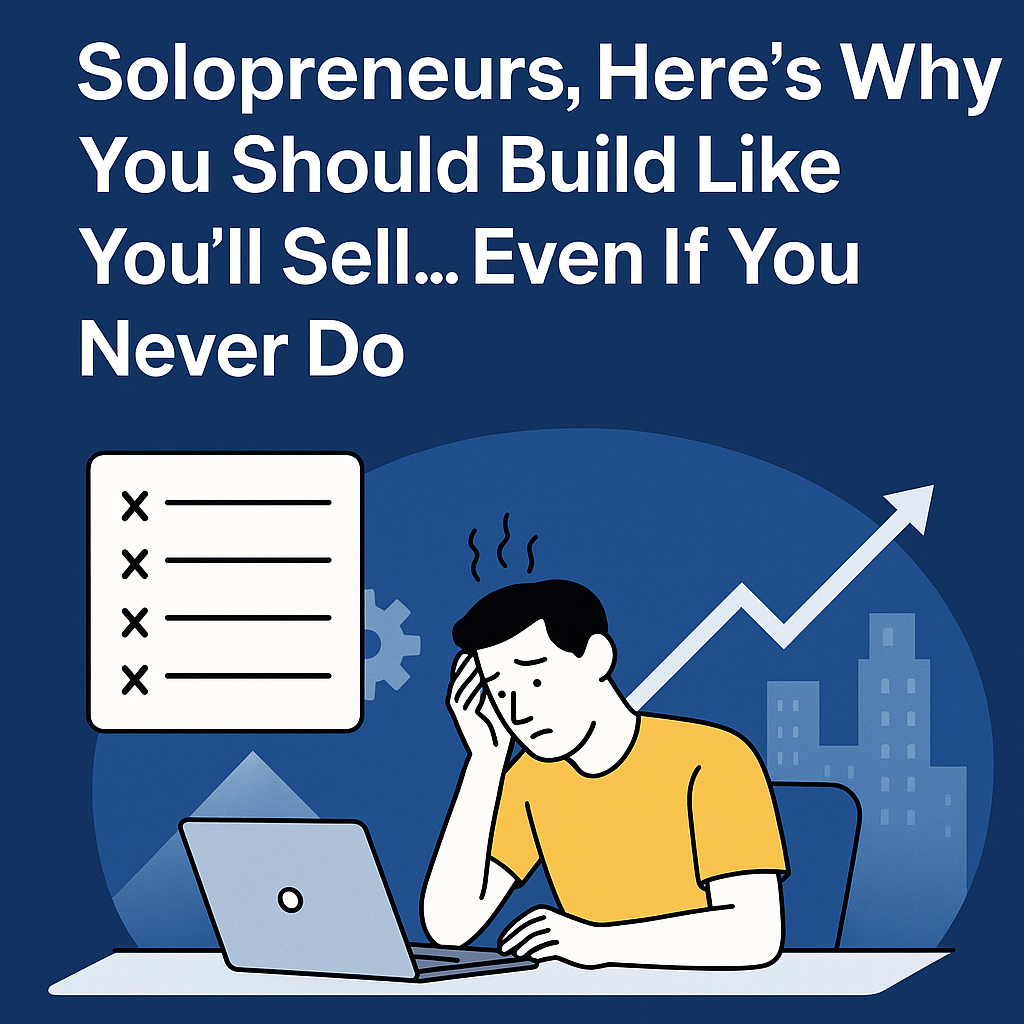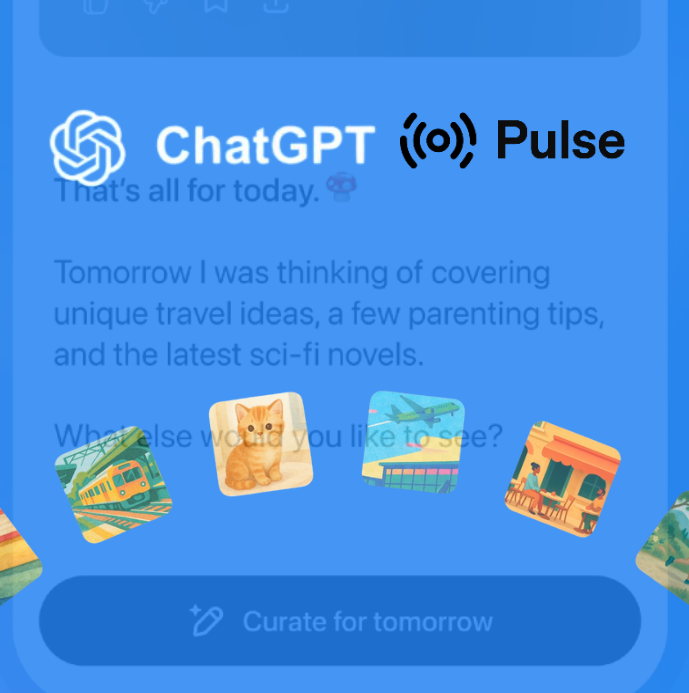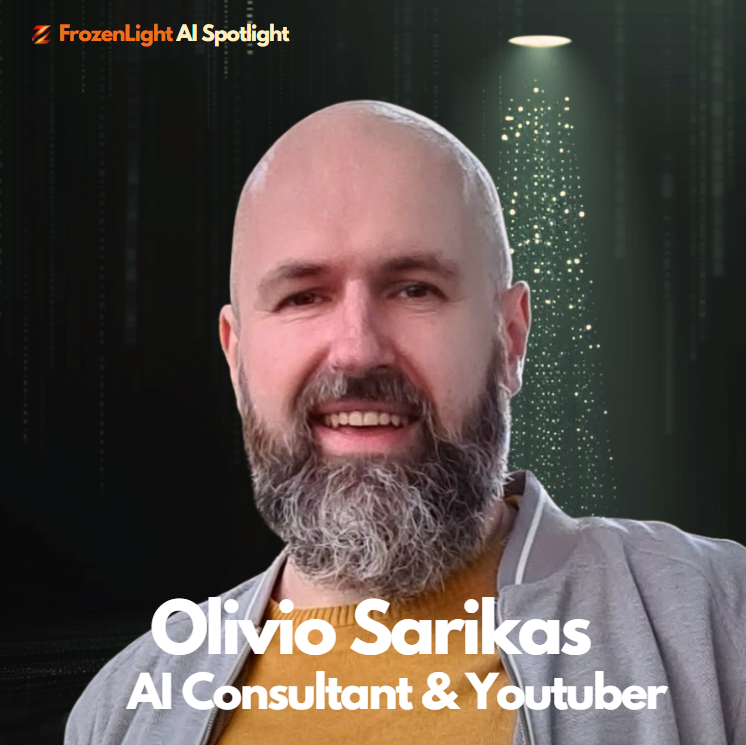
If you're a solo operator building AI or automation solutions, you probably pride yourself on your ability to adapt to any client.
“We don’t do cookie-cutter.”
“Every business is different.”
“I build what’s needed, not what’s convenient.”
And for a while, that approach works.
Clients love you for it. They refer others. You stay busy.
But eventually, you look up and realize something: you’ve built a business that only works when you do.
No team. No structure. No leverage. Just you and a growing to-do list.
And here’s the hard part most solopreneurs don’t want to admit…the same flexibility that got you this far is the very thing that might keep you stuck.
Even if you never plan to sell your business, you should still build as if you will.
Because the mindset required to make your business sellable is the same mindset that makes it sustainable.
Customization Feels Client-Centric, But It’s a Solo Trap
When you're solo, it’s easy to say yes to everything:
- Yes to every edge case.
- Yes to building from scratch.
- Yes to new tools, custom scripts, and endless discovery calls.
But here’s what that creates:
- A delivery model that resets with every client.
- A sales process you can’t delegate.
- An inbox that never sleeps.
- And a business that breaks the moment you do.
There’s no safety net. No compounding value. And no path to step away, even for a week, without losing momentum or money.
When you're the product, you're also the bottleneck. And there’s a ceiling to how long that can last.
Productization Isn’t About Scaling Big. It’s About Scaling You.
Productization gets a bad rap in tech circles. People think it means becoming generic. That you lose the craft, the nuance, the value.
But for solopreneurs, productization isn’t about building a big company. It’s about building breathing room.
It means defining a service you can:
- Deliver without rewriting the playbook
- Price without a call
- Explain without a custom proposal
- Improve over time because it's consistent
That doesn’t kill creativity. It just removes chaos.
And when done right, it makes your brilliance easier to access, for both your clients and yourself.
Why You Should Build Like You’ll Sell, Even If You Stay Solo Forever
Here’s the part no one says out loud:
Most solopreneurs don’t want to sell their business. They didn’t start it with an exit in mind. They just wanted freedom and income on their own terms.
But ironically, the more custom your work becomes, the more that freedom disappears.
If your business depends on your brain, your time, and your ability to stay hyper-adaptable, you’ll work until you burn out or until the market shifts under your feet.
Building like you’ll sell isn’t about getting acquired. It’s about building something someone could run without you.
That’s leverage.
And when you have leverage, you have options:
- To slow down
- To take a vacation
- To raise your prices
- To shift direction
- Or yes, to sell if the day ever comes
Even if none of those things happen, your business will be better for it.
Productized Services Don’t Replace You. They Free You.
Think of productization as your second brain. A way to capture the value you bring in a way that’s repeatable, consistent, and eventually, transferable.
It doesn’t mean you stop solving hard problems.
It means you stop solving them from scratch every single time.
Your business gets easier to run. Clients know exactly what they’re getting. And revenue becomes more predictable.
If that sounds boring, you haven’t felt the peace that comes with consistent income and fewer fire drills.
Final Thought
You don’t have to become a big agency.
You don’t need a team of ten.
But if you're building custom for every client, every time, and it all lives in your head, then you haven’t built a business. You’ve built a job.
A productized offer, even a lightweight one, is your way out. It’s the beginning of a more durable, profitable, and optional future.
And it starts by answering one simple question:
What part of your service shows up again and again, and could be turned into something structured, valuable, and repeatable?
That’s your leverage point.
And it’s not just how you scale, it’s how you survive.







